My child is born with teeth. Is it a bad omen?
Definitely not.
There are different beliefs pertaining to natal teeth. Some countries and people consider it a good sign, a sign of prosperity where as some people consider this as a bad omen like in China, India and Africa. In England a child born with natal teeth is said to conquest the world.
The beliefs are just myths and have nothing to do with the natal teeth.
- What are natal teeth?
- What are the different types of natal teeth?
- What are the causes of natal teeth?
- What are neonatal teeth?
- What should I do if my child has natal or neonatal teeth?
- Complications or problems with natal teeth?
- What is the treatment of the natal and neonatal teeth?
- When should you visit a dentist?
What are natal teeth?
The child which your child may be having at birth are the natal teeth. Most of the times the lower central incisors are the teeth which are present at birth. The second most common are the upper central incisors.
Most of the times, the natal teeth are seen in pairs. Most of the times if your child is born with the natal teeth these are the primary (milk/baby) teeth. Occasionally it can be something else like the Bohn nodules, which go on its own in a few weeks. Bohn nodules are the remanent of the mucus gland tissues.
The natal teeth can:
- 1. Can be same as the normal milk teeth in appearance
- 2. Can be loosely attached to the tissues
- 3. Can be mobile
- 4. Can be discolored
- 5. Can have only the crown part and no root
- 6. Can be small and conical in shaped
What are the different types of natal teeth?
The natal teeth have been categorized into 4 different types.
- 1. Tooth with a shell like structure. There is no root formation.
- 2. A solid crown structure which is loosely attached to the gums. There might be no root or a small root.
- 3. Only the incisal edge eruption of the tooth through the gingival margin
- 4. Swelling of the gums in the region of the tooth. The tooth is palpable but has not erupted.
What are the causes of natal teeth?
The cause of natal teeth is still unknown. Most of the times natal teeth are associated with other health issues the baby might be having like cleft lip or palate, certain syndromes like Sotos syndrome, Ellis-van Creveld syndrome, Hallerman-Streiff syndrome, etc.
What are neonatal teeth?
The teeth that erupt in the first month of life are know as the neonatal teeth. These are less common than the natal teeth.
What should I do if my child has natal or neonatal teeth?
The diagnosis of the natal and neonatal teeth is very important. If you notice that your child is having teeth at birth or within first months of life, visit a pediatric dentist immediately.
Your dentist will help you diagnose and will take x rays to check if these are the primary teeth, is the root of the tooth present or it is just the crown. He or she will also check if the teeth are mobile and need extraction to be done.
After a through clinical and radiographic examination they will guide you, how you need to proceed.
Related: Tooth eruption Chart (Milk/baby teeth)
Complications or problems with natal teeth?
Sometimes both the mother and the baby have no problems at all with the natal teeth. But few of the baby might have certain issues:
- 1. Problems with breastfeeding: This can be problem to both the mother and the child. The child might accidentally bite while breast feeding and the mother might find it difficult to feed. Or the child might have difficulty in latching while breastfeeding.
- 2. If the tooth is mobile, there is a chance the child might swallow or inhale the tooth which is not safe and in such cases extraction of the tooth should be done immediately after birth.
- 3. Riga-fede disease: When the tooth causes ulcerations on the ventral (under) surface of the tongue or any other surface due to the movement of the tongue, it is known as the Riga-fede disease. This causes difficulty in latching and feeding, constant pain and discomfort and less intake of milk. In such cases the tooth should be extracted.
What is the treatment of the natal and neonatal teeth?
If there is no problem or complication and if your dentist has not advised extraction then there is no treatment required.
If there are complications and you are not able to feed or the child is not able to latch and is in pain, extraction is the choice of treatment. In most of the cases the extraction is painless, simple with almost no bleeding at all.
The child recovers in a day or two with mild to almost no pain at all.
If there are sharp margins, the dentist might consider smoothening it.
When should you visit a dentist?
You should visit a dentist:
- 1. When you notice your child is having natal teeth, visit the dentist immediately after birth.
- 2. If you did not undergo any treatment and you notice the child is having discomfort, visit a dentist immediately.
- 3. If you are having trouble breastfeeding, visit your dentist.
- 4. If you feel the teeth is mobile visit the dentist immediately.
Natal or neonatal teeth most of the time are the primary teeth of the child and if once extracted will only be replaced by the permanent teeth once the child is 6-7 years old.
Disclaimer:
This blog provides general information about natal and neonatal teeth . The opinion and content on this blog is only for conversational purposes and should not be interpreted as medical or dental advice pertaining to any particular individual. If the reader or any other person has a medical or dental concern, he or she should consult with an appropriate licensed medical or dental physician or a health care provider.
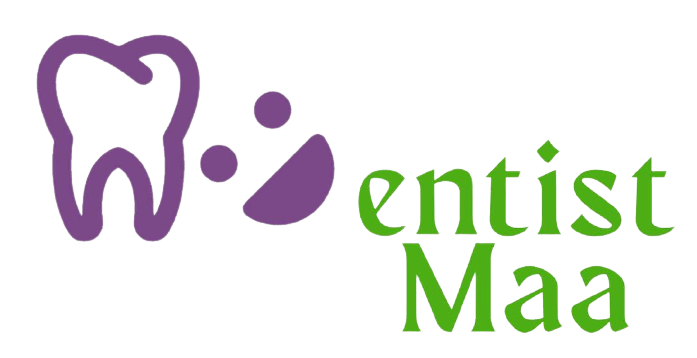
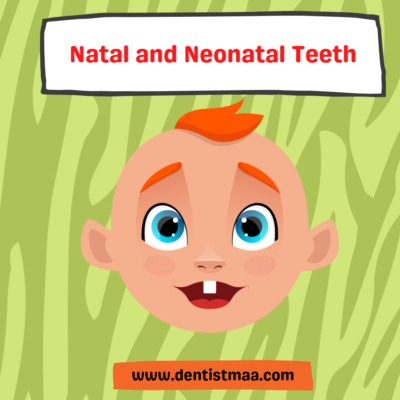
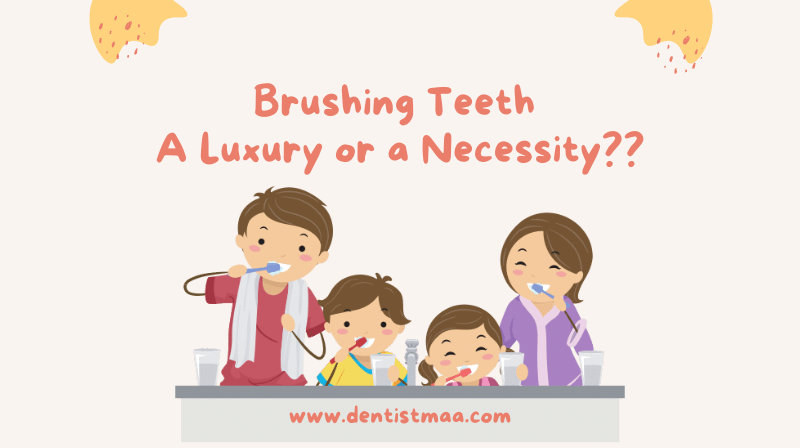
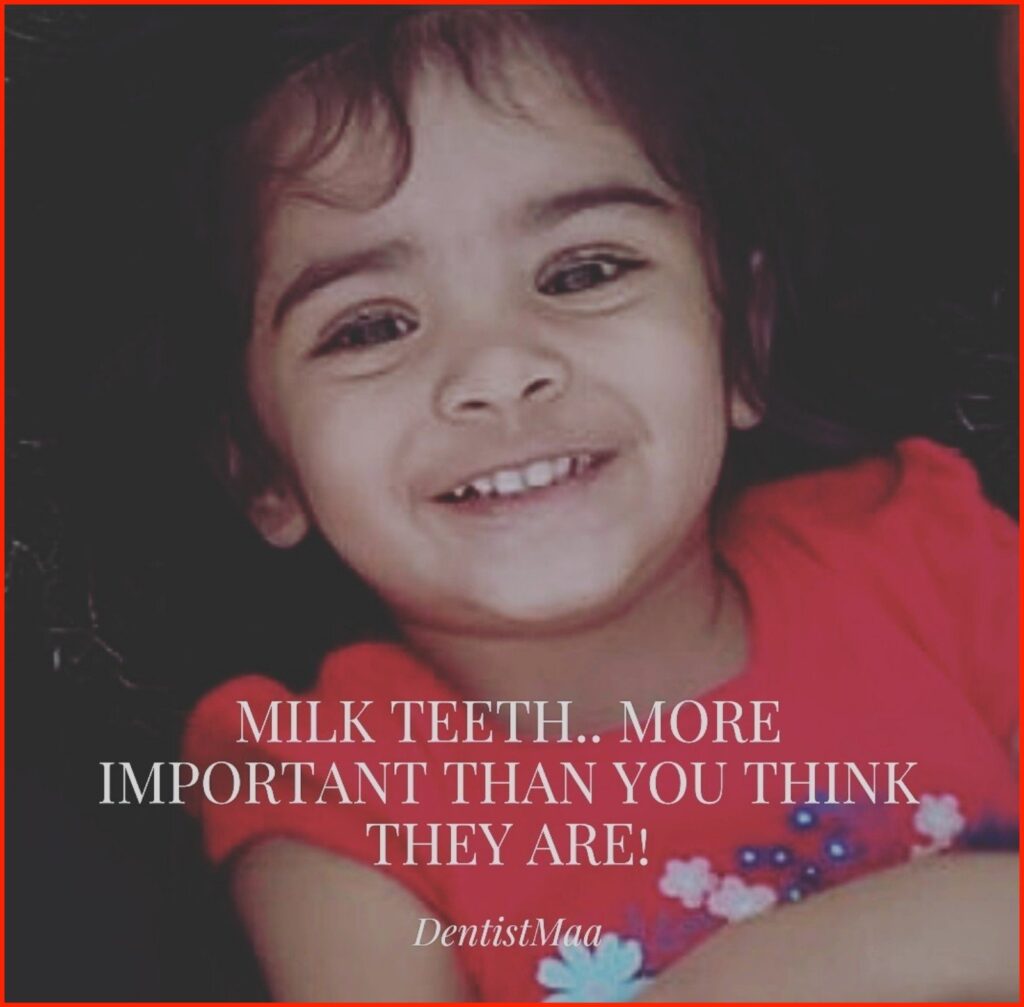
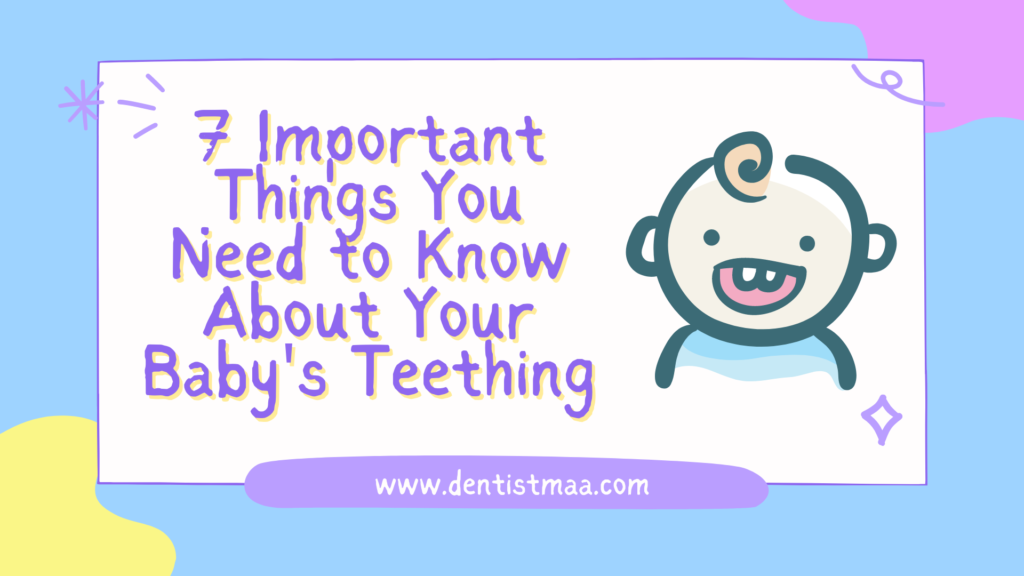
Pingback: How to relieve baby from teething pain ! - DentistMaa